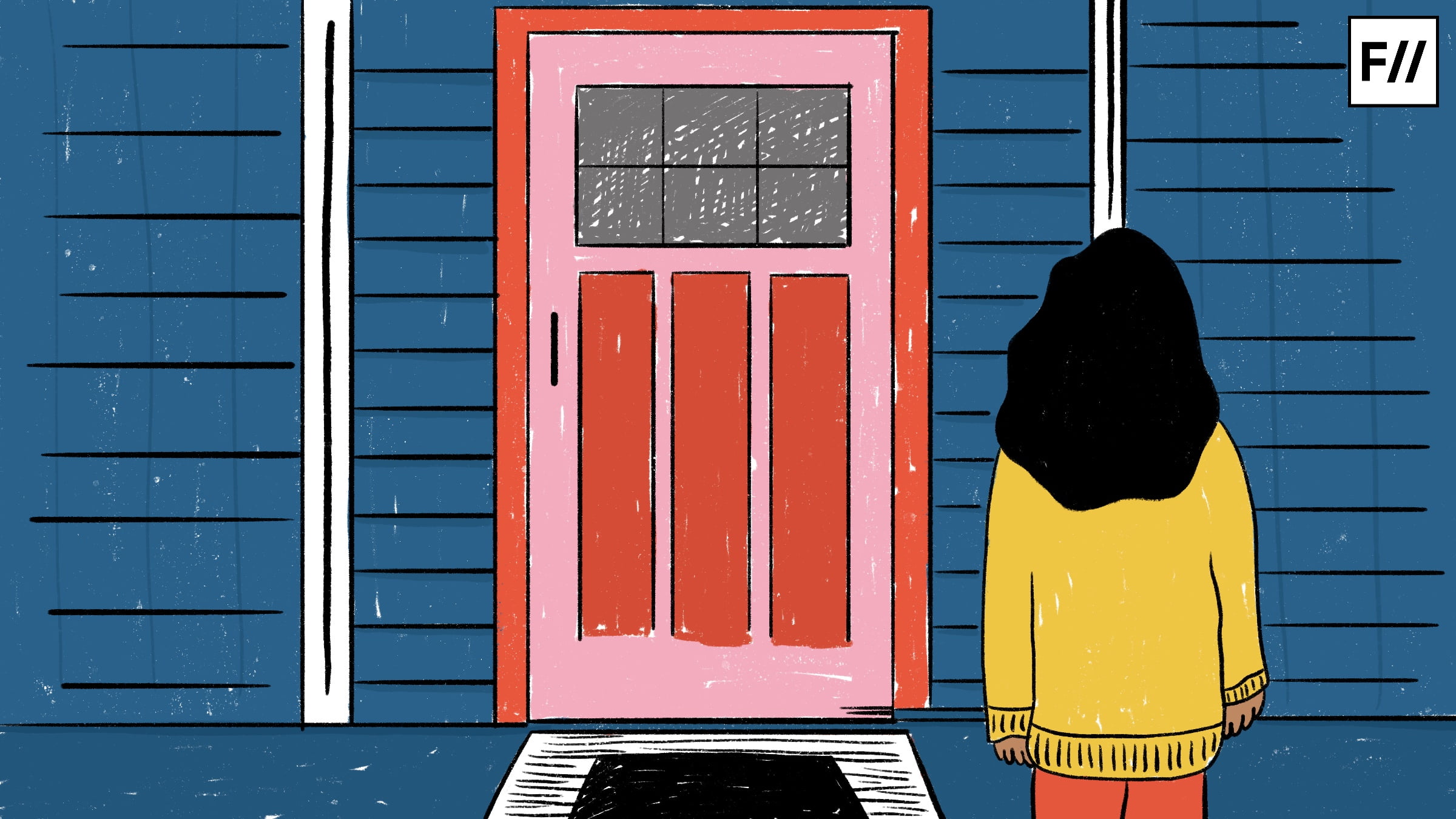Posted by Smriti Gour
Depression is a debilitating disorder and as of late, it has also become a part of the mainstream conversation. But is the taboo attached to it completely gone? Have we succeeded in creating a safe space to talk about depression? The answer is an unequivocal no! Yes, we might be having a conversation about depression and yes, we may have had a recent spurt of celebrities talking about their mental health too. But is it enough? Not by a long shot.
The problem now is that since depression as a topic is open for conversation, people have also formed opinions on them. And these opinions, like about many other things, are not necessarily based in fact. As a professional in this field, I have heard remarks, even from fellow professionals, who say things like, “That girl is so pretty, how could she be depressed?” Or “But she has no reason to be depressed! I know ABC and she has worse problems and she’s not claiming to be depressed!” And then, there is the ultimate catch 22, “Depression is a rich people disease” and “She’s so rich, what does she have to be depressed about?”
But is the taboo attached to it completely gone? Have we succeeded in creating a safe space to talk about depression?
With all kinds of opinions sprouting all over the place, admitting that you could have depression could turn out to be a minefield. There is no correct answer unless somehow you have the worst problems in the world and nobody could possibly have it worse than you! If you’re too pretty, you can’t be depressed. If you’re too rich, you can’t be depressed! If I can’t see a problem with your life, you cannot be depressed! The list is endless and in nobody’s favour.
Also read: Walking Depression: Depression That Hides Behind Functionality & Cheer
First, there are questions about the WHY! What is so horrible that you are depressed? Despite the fact that depression can happen to anybody at any time and the reasons could range from hormones to not really anything. Except people seem to think, depression only happens to unattractive, poor people, because what else could it be, right? Next come assurances that either they, the person you’re opening up to, or someone they know is also going through something and how their problem is much more serious, they aren’t depressed, so how can I be? Then, inevitably, there is advice. And this advice is almost never helpful if it comes along the lines of, go outside more, meet other people, get some exercise, get some sun exposure!
Then there is the timeline itself. Who decides how long it should take for you to feel better? Or how you ended up there? You could have felt better in a week with therapy and maybe you found something that really worked for you. But the same process could take me months, or, yes it is possible for it to go that long, years! Maybe exercise helped you, but maybe I am having so many bad days, I can barely get out of bed. Maybe you just haven’t found the right therapist or counsellor yet! Getting better is a loaded statement in itself. Depression affects everyone differently and hurts all of us in a manner that is incomparable.
Comparing problems and timelines is incredibly unfair to everyone involved. What worked for you doesn’t mean it will work for me.
Comparing problems and timelines is incredibly unfair to everyone involved. What worked for you doesn’t mean it will work for me. And just because it takes longer for some people, doesn’t make them weak or you stronger. We need to stop trying to quantify depression and compare everyone’s experiences to your own. There is no checklist to get over depression. Sometimes, you could be feeling good for a while and then suddenly, have a bad day out of the blue. It doesn’t mean you have relapsed. It was just a bad day. We should all have the freedom to pick the path to recovery that will work for us, and a pace that is comfortable for us. Recovery is not a race and there are no rules to getting better. Let people heal at their own pace.
So, have these conversations simply compounded the problem? Have they really made it easier for a person to admit that they might be suffering too? Or have they just armed people with half-truths and incomplete facts so that it has, in fact, made it harder to get help?
Also read: Why We Must Learn To Distinguish Between Sadness And Depression
The answer is simple. The more people understand this disorder, the more they will understand how it affects people and how they can help too. Depression is not a disease, it’s a disorder, and you CAN get better. Depression hurts everyone differently. We need to be patient for our loved ones with depression and make sure we give them the time and space that THEY need for healing. It might look different from what your version of healing is and could take routes you didn’t expect or agree with. But this is about them and not you and it’s your job to be there for them, however long it takes and whatever it looks like. Every good day is a victory and every bad day is just ephemeral. This too shall pass.
Smriti is a writer who is just about to publish her first book on depression. She lives in Bhopal, M.P. and co-owns a clinic for Sleep and Psychological Well-Being, where she hopes to make people’s lives better. Visit her website or follow her on Instagram and Facebook.
Featured Image Source: Nature
About the author(s)
Guest Writers are writers who occasionally write on FII.




